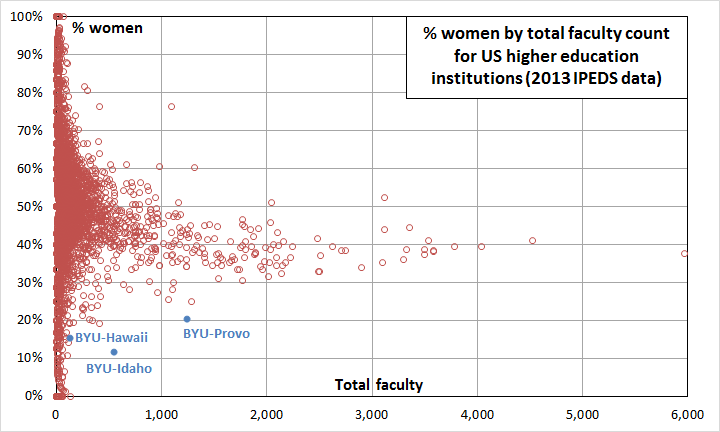In the past few days, many Americans have been remembering the terrorist attacks of September 11, 2001. One thing that strikes me in thinking back to where I was at that time is that it sure doesn’t seem like it has been a decade and a half since that awful day. It feels like it has been a few years at most. I’m in my forties, and I think this is a common experience: time feels like it moves faster as we get older. I look at my kids, particularly my five-year-old, and how unbearably long an hour can be for her, or a week, or how wonderfully long a summer can be. For me, they’re all gone in a flash. One day it’s Memorial Day, and then I turn around and it’s Labor Day and summer is on the wane. And then I blink and it’s Christmas, while of course for my five-year-old, that same amount of time on the calendar has taken forever to pass.
One theory (attributed to the philosopher Paul Janet) for why this happens is that as we age, each successive year (or whatever unit of time you like) constitutes a smaller and smaller fraction of our lives. When you’re five, for example, the next year is as long as 20% (1/5) of your life, whereas when you’re 50, the next year is as long as 2% (1/50) of your life. The result is that each successive year feels shorter than the previous one, and this difference is particularly dramatic between the first few years of life, when the years pass relatively slowly, and most of adulthood, when they’re shorter and similar in length. Here’s an article talking about this theory in a little more detail, and here’s a cool visualization created by a designer named Maximilian Kiener that really illustrates it well.
I thought it might be interesting to use Janet’s theory to get a sense of how long ago Q15 members perceive historical events to be. From the way many of them often talk about the evil they feel is relentlessly increasing in the world, I wonder if part of what they’re feeling isn’t just caused by the perception that time speeds up as you get older. If bad things happen at a fairly regular pace, as time feels like it’s going faster, the bad things seem closer together in time. And as many of the Q15 are really quite old, time likely feels like it’s going extremely fast for them.
Read More

